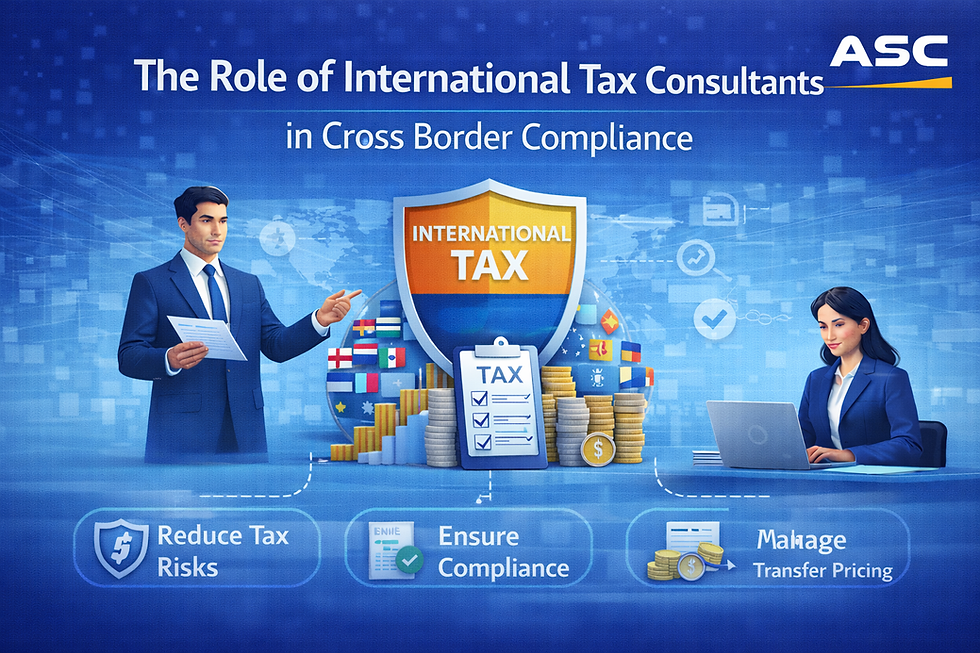Which Certificate Is Required For Gypsum Plaster Board?
- ASC Group
- Jun 3, 2024
- 3 min read
The Bureau of Indian Standards' (BIS) certification is crucial in ensuring the safety and high quality of products sold on the Indian market. Gypsum plasterboards are a popular choice for construction due to their durability and versatility. BIS certification for gypsum board involves testing and evaluating various characteristics in order to ensure that they meet quality standards and maintain structural integrity.
BIS Certification requires rigorous testing
For gypsum wallboards to be BIS certified, the manufacturers must submit their products for a series rigorous test. These tests are designed to ensure that plasterboards will maintain quality and withstand different conditions. These tests must include:
Density Tests and Dimensions: Verify the consistency of size and density.
Flexural strength tests: Tests to determine the board's ability to resist bending.
Impact resistance tests: Determine the board's durability against physical impact.
Tests for Glass Fibre Content: to ensure that the correct amount of glass fibre is present and contributes to strength.
Panel mass tests: Measure the mass of the board.
Moh’s Hardness tests: to check the surface hardness.
Loading Tests To determine how much weight the board can take.
Surface hardness tests: Tests to ensure that the boards are the right hardness for the intended use.
Tests for Water Absorption: Used to determine the board's resistance to moisture, and its suitability in humid environments.
Gypsum Plasterboards: The importance of BIS certification
BIS certification of gypsum wallboards is more than just compliance. This certification is important for several reasons.
Legal Requirement
BIS license is required for the sale of gypsum board in India. Businesses that do not have a BIS license risk facing legal penalties or even being shut down.
Quality Assurance
BIS certification ensures the quality of plasterboards made from gypsum. This is important because these boards are used to construct homes, offices and other buildings that require safety.
Conformity with Standards
BIS has strict quality standards. These standards are designed to ensure that plasterboards produced by manufacturers are consistently high quality.
Consumer Satisfaction
BIS certification allows manufacturers to quickly gain the confidence of consumers. This is crucial for business growth.
Market access
BIS regulations must be met by manufacturers to sell plasterboards made of gypsum in India. This certification is a passport that allows easy entry to the market.
Opportunities in Foreign Markets:
BIS certification is internationally recognized, opening export opportunities for manufacturers. BIS compliance can improve business opportunities globally.
Dispute Minimization:
BIS standards help manufacturers to minimize product defects, disputes with customers and protect their reputation.
The conclusion of the article is:
In summary, BIS certification is essential for gypsum plasterboards in India. This commitment goes beyond regulatory compliance to include quality, safety and customer satisfaction. BIS certification allows manufacturers to ensure that their products are compliant with the strict standards set forth by the regulatory body. This increases consumer confidence and facilitates market entry. It also opens up local and international markets and reduces the risks of product safety and quality. BIS certification, therefore, is more than just a requirement for regulatory purposes. It also represents quality and reliability within the industry.
ASC Group Company is actively assisting with BIS Certification in Mumbai. ASC Group Best BIS registration is required to sell or manufacture certain products in India, as shown below. We provide one of the top services for BIS Certification at a moderate cost. If you have any questions about BIS licenses, contact BIS registration in Mumbai at 9999043311 to get answers. We are here 24/7 for your assistance... Also read this :- BIS Registration - Get BIS Certification Online



Comments